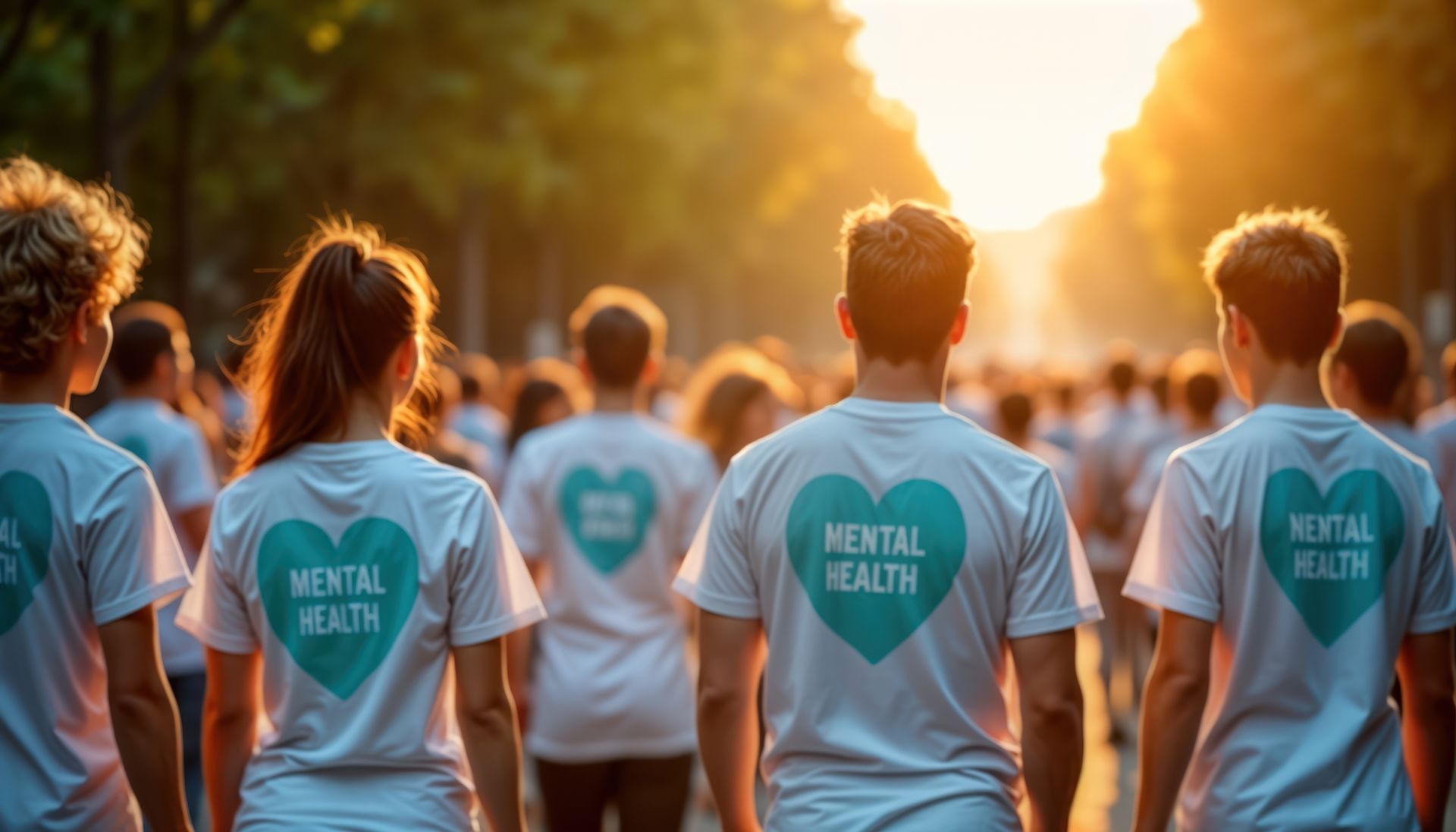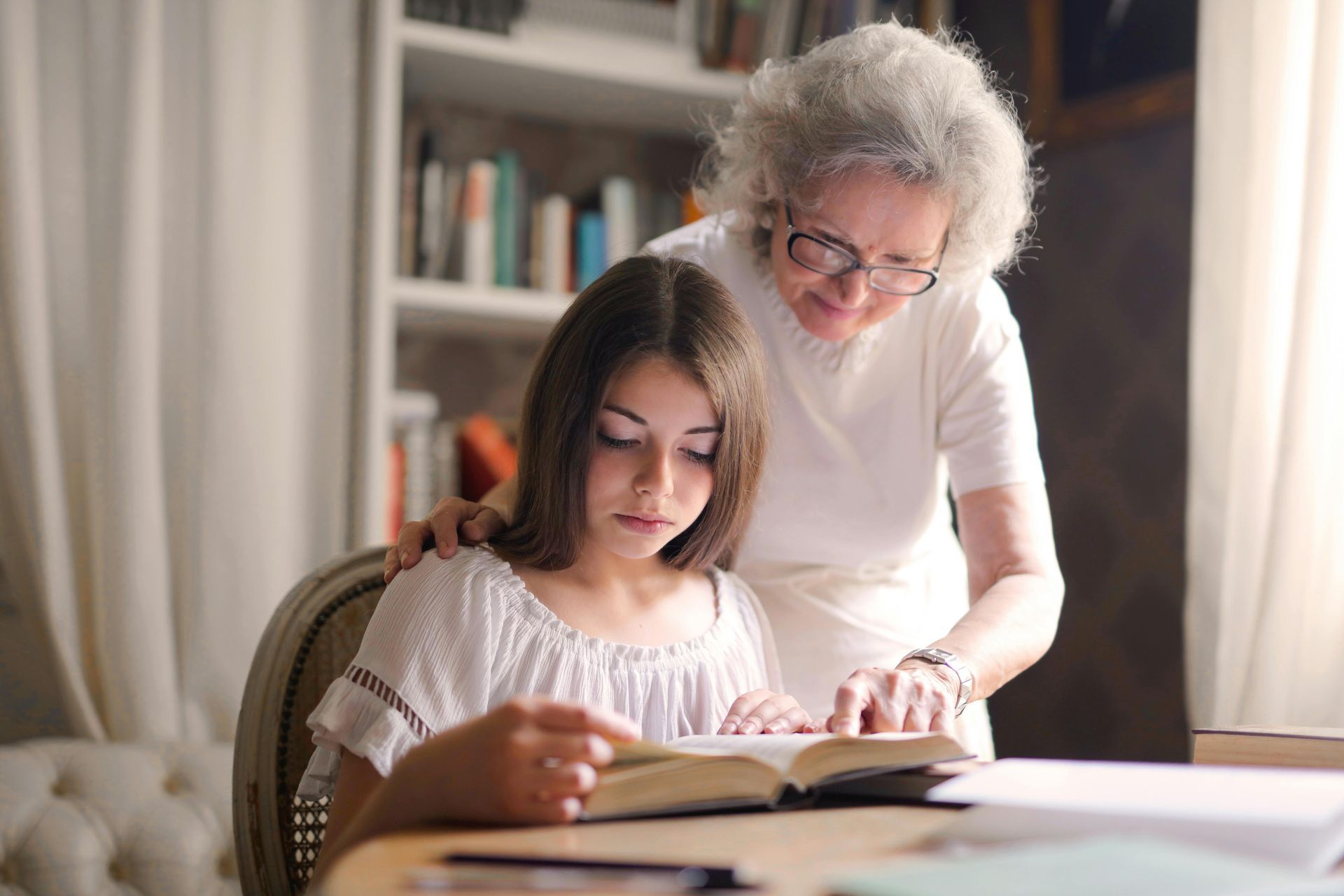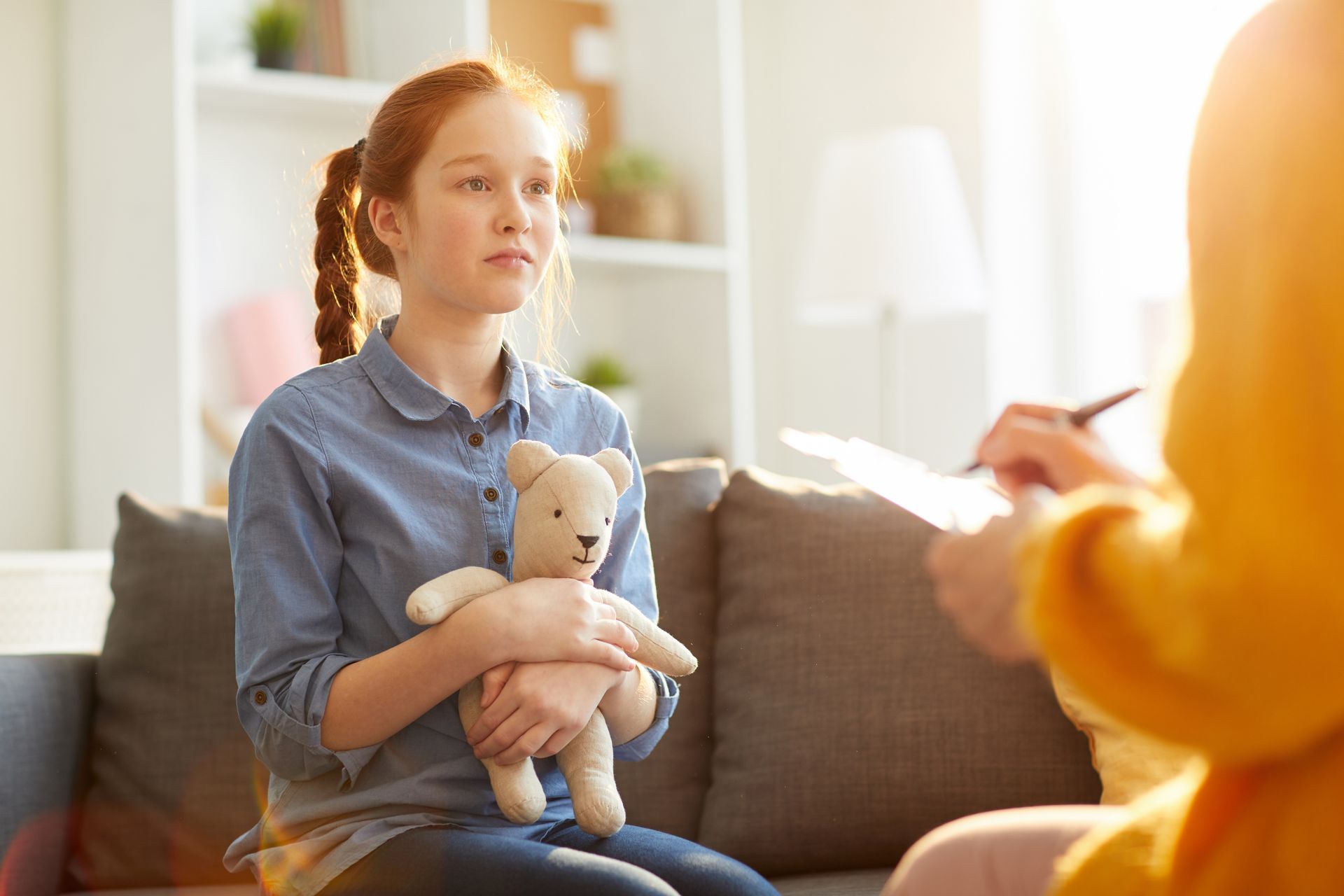Self-Care for Parents And Caregivers
It takes a lot of time, effort, and dedication to be a parent, guardian, or primary caregiver. You’re always on the go; jam-packed with cooking, cleaning, playing, calming down tantrums, and so much more. Not to mention the additional responsibilities you have at work or for other family members.
It definitely takes a physical and emotional toll on your life, and leaves you with very little time for yourself. But, don’t forget: you should prioritize your health, too.
We know it’s easier said than done. Being a better provider for your kids and loved ones always starts with taking care of yourself.
Self-care doesn’t always have to be expensive, luxurious, or lavish. It means doing anything, even the littlest things, to nurture our own physical, mental, and emotional well-being. It can take on various forms. From making sure you have adequate sleep to taking frequent short pauses to engage in some movement.
At the 4th Annual Mental Health Symposium, psychiatric social worker
Dr. Alejandra Acuna, LCW, addressed self-care for parents and caregivers. “If a society values its children, it must cherish their parents” she stated. She also revealed five science-backed and proven self-care strategies for caregivers — all of which are very simple and take just a few minutes of your time.
5 Science-Backed Self-Care for Parents
And Caregivers
1. Belly Breaths
Life is so fast paced when you take care of kids. Sometimes you just simply forget to breathe and calm down. You’d be surprised at how much breathing and being in the moment can do. Doing some deep belly breaths or diaphragmatic breathing can make all the difference.
Diaphragmatic breathing makes use of the diaphragm. This is the muscle that stretches out across your lower abdomen like a parachute and plays a crucial role in breathing. A few minutes of this lets you take full, mindful breaths, instead of short and shallow chest breathes.
Breathing shallowly in the chest restricts the amount your lungs can expand on inhalation. It restricts you from exhaling stale air in your lungs. This pattern of breathing often happens under stressful situations.
Therefore, diaphragmatic breathing might be an effective approach for managing stress that you can practice almost anywhere. Here’s how to do it:
How to Do Diaphragmatic Breathing:
- Get down on your back on a sturdy and comfortable surface.
- Lay flat on the floor with your feet bent at your knees.
- Place one of your hands on top of your chest, and the other on your stomach, just below the ribs.
- Imagine your stomach inflating from bottom to the top.
- Exhale gently while pursing your lips and deflating your stomach.
You can also do this while sitting or standing. But, taking time to lay down while doing this practice will surely relax your body for a few minutes.
2. Progressive Muscle Relaxation Activities
Progressive muscle relaxation (PMR) is a method of deep relaxation used to manage tension and anxiety, alleviate insomnia, and lessen symptoms of some forms of ongoing discomfort. It is centered on the fundamental practice of clenching or contracting a muscle group, accompanied with a relaxation phase where all the tension is released.
Progressive muscle relaxation has been used in conjunction with conventional therapy to alleviate symptoms in a variety of illnesses, including migraines, acute pain, hypertension, and gastrointestinal issues. You can do it with just a few simple steps:
How to Do Progressive Muscle Relaxation
- As you inhale, tense up a certain muscle group (you can use your hands) for 5-10 seconds, and then release it all at once while you exhale.
- Pause for 10–20 seconds between sets, then go onto another muscle group.
- As you release, notice how your body feels as the muscle group relaxes.
While you do this, imagine letting go of all the stress and built up tension you have on your body.
3. Positive Reminiscence
Sometimes, we often find ourselves looking back on the past. May it be something you saw or heard on TV, a conversation you had with your kids or grandkids, or a simple shared experience. Use your memories to your advantage! Think back on a moment in your life that made you feel good, joyful, humorous, reflective, or fascinated. Studies have shown that happy memories may greatly improve one's quality of life. Remembering happy times and individuals from the past may provide comfort and joy during difficult times.
4. Lemon Brushing
Dr. Alejandra Acua demonstrated how brushing your body with a lemon (others use eggs, herbs, or dry brushes) can help with stress and relief.
All you have to do is gently massage and rub the lemon to different parts of your body — get to know your emotions and learn what feels right for you.
Stress and cortisol levels are shown to decrease as a result of this. Restoring vitality to the adrenal glands is one approach to feel better physically and mentally. Minimizing stress in your life is essential for maintaining healthy adrenal glands. If you can learn to manage stressful events with more ease, the adrenal glands will function better and you will feel healthier overall.
Some
studies have also shown that massage therapies, including brushing, may reduce stress and cortisol levels in the body.
5. Surround Yourself With Supportive Relationships and Calming Activities
The presence of happy, optimistic individuals in our life inspires us to grow and flourish. Additionally, research suggests that having a close friend may help ward off feelings of loneliness and reduce the negative consequences of stress.
Having a good social circle may have a beneficial effect on your emotional and psychological well-being. When you surround yourself with supportive individuals, you have a greater feeling of belonging and assurance in yourself.
Other research demonstrates that the stress hormone cortisol is released in greater quantities when individuals are lonely. Anxiety, despair, and even physical ailments like diabetes, cancers, and cardiovascular disease have all been related to elevated cortisol levels.
Having supportive friends and family around might help you deal with tough emotions like stress, worry, and despair. People that are optimistic contribute to your happiness, will help you grow, and console you when matters are tough.
Positive individuals are upbeat, enthusiastic, hopeful, and insightful. The law of attraction states that you become like people that you spend the most time with. So, be mindful of the people you let into your life. Avoid destructive friendships and colleagues that deplete your energy.
As a parent and caregiver, it’s very important to have self-care techniques. Take it easy on yourself, too. You are doing the best you can, and that’s enough.












